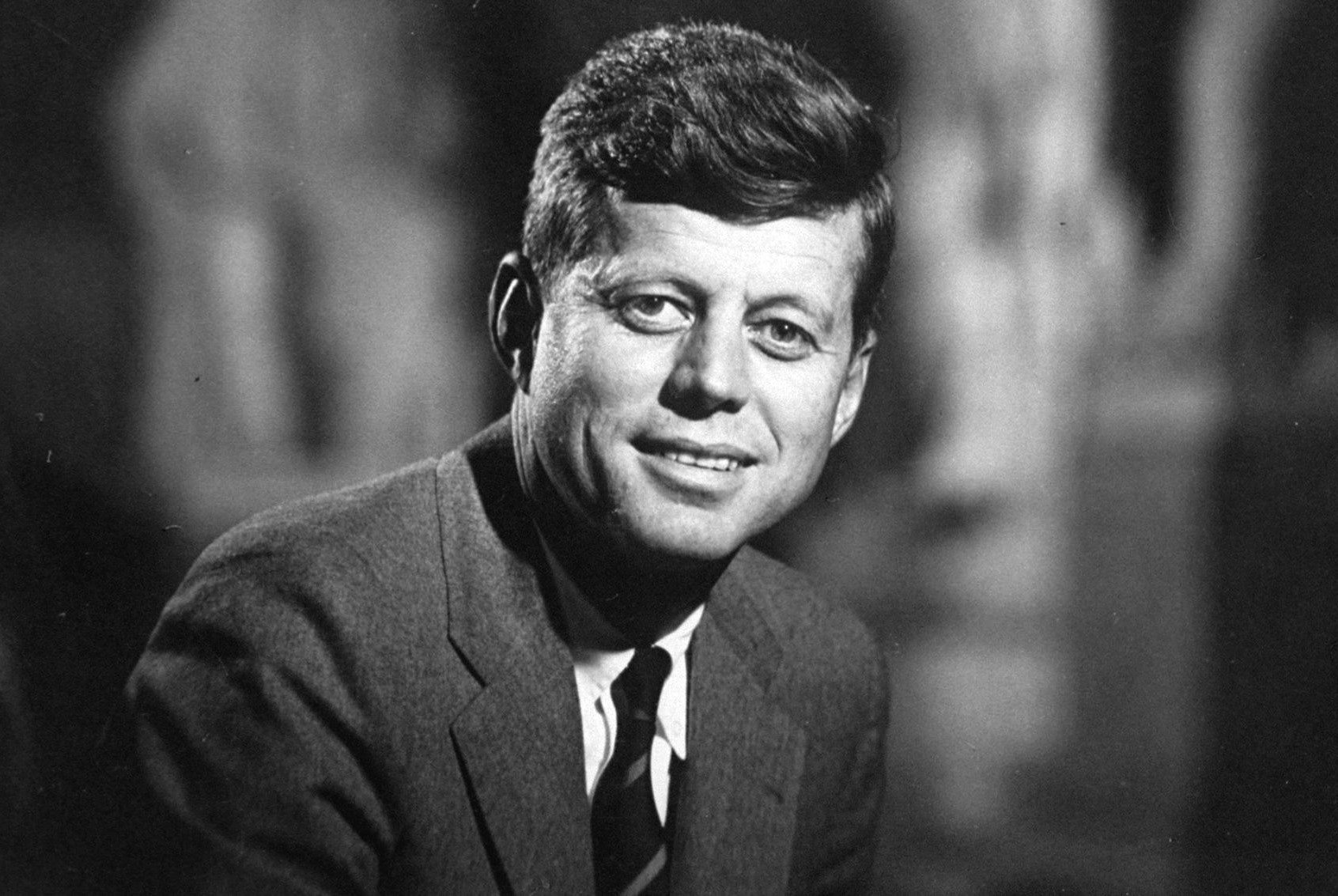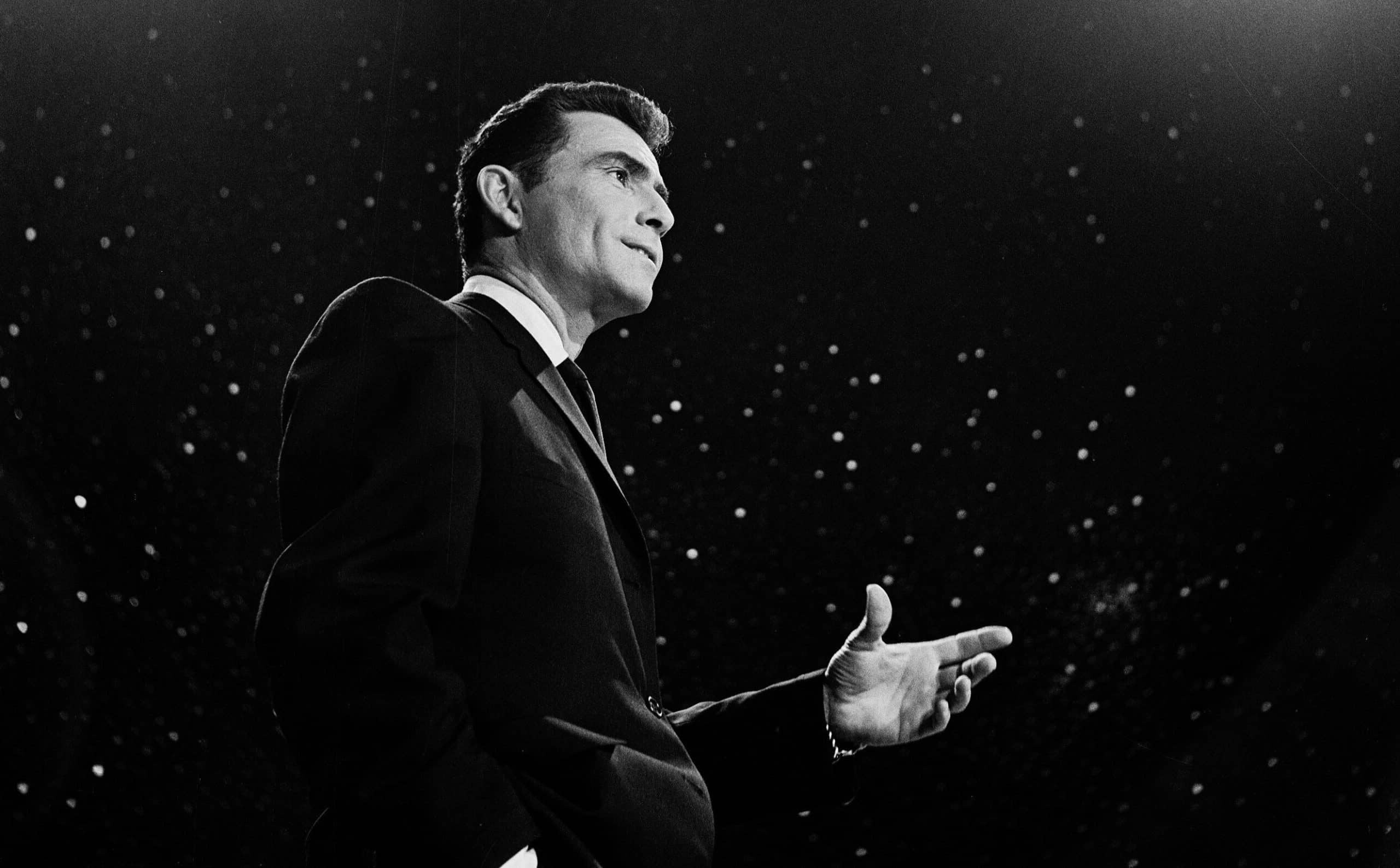
John F. Kennedy, one of the most charismatic and enigmatic figures in American history, continues to fascinate people around the world. As the 35th President of the United States, Kennedy left an indelible mark on the country and the world, inspiring generations with his vision, charisma, and leadership. Beyond his political accomplishments, there are numerous intriguing aspects of Kennedy’s life that are worth exploring. From his family background to his military service and his untimely demise, Kennedy’s life is filled with fascinating facts that shed light on the man behind the iconic figure. In this article, we will delve into 13 captivating facts about John F. Kennedy that showcase his impact and legacy, both as a president and as an individual.
Key Takeaways:
- JFK was the youngest U.S. President and the first Catholic one. His famous quote “Ask not what your country can do for you; ask what you can do for your country” still inspires people today.
- JFK’s legacy lives on through his achievements, love for the arts, and passion for space exploration. His tragic assassination in 1963 left a lasting impact on American history.
JFK was the youngest person ever to be elected as the U.S. President.
At the age of 43, John F. Kennedy became the youngest person to hold the highest office in the country. His youthful energy and charisma resonated with the American public.
He was the first Roman Catholic President of the United States.
John F. Kennedy’s religious affiliation sparked curiosity and, at times, controversy. As the first Catholic President, he faced scrutiny and had to navigate the complexities of being a religious minority in the political arena.
JFK delivered one of the most memorable inaugural addresses in history.
On January 20, 1961, President Kennedy delivered his famous inaugural address, which included the iconic line: “Ask not what your country can do for you; ask what you can do for your country.” This powerful statement resonated with the American people and has since become an enduring part of his legacy.
He established the Peace Corps.
In 1961, JFK founded the Peace Corps, an organization dedicated to promoting peace and friendship by providing assistance to developing countries. This initiative aimed to foster a sense of global community and cooperation.
JFK played a crucial role in the resolution of the Cuban Missile Crisis.
In 1962, the United States and the Soviet Union stood on the brink of nuclear war during the Cuban Missile Crisis. Through skilled diplomacy and strategic decision-making, Kennedy successfully negotiated a peaceful resolution and prevented a catastrophic conflict.
He was an advocate for civil rights.
John F. Kennedy played a pivotal role in advancing the civil rights movement in the United States. He called for equal rights for all citizens, regardless of race, and introduced legislation aimed at combating racial discrimination.
JFK had a love for the arts.
As a patron of the arts, Kennedy appreciated the cultural significance of literature, music, and theater. He frequently hosted performances at the White House and supported various artistic endeavors.
He received a Pulitzer Prize for his book “Profiles in Courage.”
Before becoming President, JFK authored the book “Profiles in Courage,” which examined the acts of bravery displayed by eight U.S. senators in challenging times. This literary achievement earned him the prestigious Pulitzer Prize.
JFK had a passion for space exploration.
Kennedy’s famous speech at Rice University in 1962 set the goal of landing a man on the moon and returning him safely to Earth by the end of the decade. This ambitious vision ultimately led to the historic Apollo 11 moon landing in 1969.
He was tragically assassinated in Dallas, Texas.
On November 22, 1963, President John F. Kennedy was assassinated while riding in a motorcade in Dallas, Texas. This shocking event shook the nation and left a lasting impact on American history.
JFK’s legacy continues to inspire.
Even decades after his death, John F. Kennedy’s legacy still resonates with people around the world. His charisma, ideals, and accomplishments have made him an enduring symbol of hope, leadership, and progress.
His famous quote: “Change is the law of life. And those who look only to the past or present are certain to miss the future.”
This quote embodies JFK’s forward-thinking mindset and his belief in the necessity of embracing change and progress.
The 13 Fascinating Facts About John F. Kennedy are a testament to his remarkable life and enduring impact on American history.
From his youthfulness and groundbreaking achievements to his tragic assassination and lasting legacy, JFK’s story continues to captivate and inspire generations. The 13 Fascinating Facts About John F. Kennedy provide a glimpse into the life of this remarkable leader and the mark he left on the world.
Conclusion
John F. Kennedy was a captivating figure who left an indelible mark on American history. From his charismatic personality to his ambitious vision for the nation, Kennedy captivated the hearts and minds of millions during his short but impactful presidency. His legacy as a champion of civil rights, a proponent of space exploration, and a leader during the Cold War continues to resonate today.
With his magnetic charm and sense of duty, Kennedy inspired a generation to get involved in public service and strive for a better future. His untimely death only served to cement his place as an iconic figure, forever remembered for his leadership and the promise of what could have been.
In exploring the fascinating facts about John F. Kennedy, we gain a deeper understanding of the man behind the legend. His life was filled with triumphs, tragedies, and moments that shaped the course of history. From his upbringing as a privileged East Coast son to his political rise and ultimately his assassination, Kennedy’s story is one that continues to captivate us even decades later.
John F. Kennedy will forever be remembered as a symbol of hope, inspiration, and the enduring power of leadership.
FAQs
1. When was John F. Kennedy born?
John F. Kennedy was born on May 29, 1917.
2. When did John F. Kennedy serve as President of the United States?
John F. Kennedy served as the 35th President of the United States from January 20, 1961, until his assassination on November 22, 1963.
3. Which major initiatives did Kennedy launch?
Kennedy launched several major initiatives, including the Peace Corps, the Apollo space program, and the Civil Rights Act of 1964.
4. What is Kennedy’s famous quote?
One of Kennedy’s most famous quotes is, “Ask not what your country can do for you, ask what you can do for your country.”
5. What happened to John F. Kennedy?
John F. Kennedy was tragically assassinated in Dallas, Texas on November 22, 1963.
Intrigued by John F. Kennedy's captivating life? Continue exploring his legacy with more mind-blowing facts about this iconic figure. From additional details about his personal life and political career to the cultural impact of the John F. Kennedy Center for the Performing Arts, there's still so much to learn. Don't miss out on the incredible story of John F. Kennedy Jr., whose life was cut tragically short but left an indelible mark on American history. Keep reading to gain a deeper understanding of the Kennedy family's enduring influence.
Was this page helpful?
Our commitment to delivering trustworthy and engaging content is at the heart of what we do. Each fact on our site is contributed by real users like you, bringing a wealth of diverse insights and information. To ensure the highest standards of accuracy and reliability, our dedicated editors meticulously review each submission. This process guarantees that the facts we share are not only fascinating but also credible. Trust in our commitment to quality and authenticity as you explore and learn with us.


